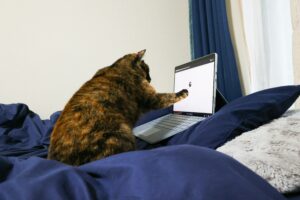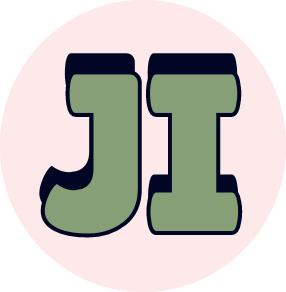
Photo by Nana Fuzimi on Unsplash
Open education offers a flexible and enjoyable way to learn at your own pace, without the constraints of a traditional classroom. Whether you’re looking to pick up a new skill or explore something you’ve always been curious about, you can jump in whenever you want—and the best part is, you can keep learning for life without spending a dime. With just a smartphone, you have access to knowledge from around the globe.
Open pedagogy is a different way of teaching and learning. It’s about working together, sharing ideas, and creating things together. Instead of just listening to the teacher, students are involved in making their own learning experiences. Open licenses are important because they let us share educational materials freely. When teachers and students work together to create learning materials, it’s called co-creation. Everyone brings their ideas and helps make it awesome. This kind of learning is more engaging because you feel like you’re part of something bigger. The best thing about open pedagogy is that it helps you learn for life. You develop skills like thinking critically, solving problems, and being creative. These skills are useful in any job or situation. We are all lifelong learners!
Open Educational Resources (OER) are free teaching materials, including textbooks, lecture notes, exams, and multimedia content like videos and podcasts. One great example is BCcampus Open Textbooks. This collection offers a variety of free textbooks created by BC educators. Another popular OER is Khan Academy, which offers free video lessons and practice problems on various topics. I used this service up to 2nd year math.
Another interesting video here; I like how in this video “Why OER?” said that the previously finite learning material is now infinite.
Open licensing is like a digital permission slip for sharing your work. Instead of locking up your creations with strict copyright rules, open licenses let you choose how others can use your work. Understanding open permits is essential for educators who want to be part of this sharing movement. It helps you decide how to share your own work and how to use the work of others responsibly. Educators can create a more connected and equitable learning environment by embracing open licensing.
Open pedagogy and OER have a lot of potential, but there are still some big hurdles to overcome. We need to make sure OERs are high-quality and sustainable, get past any resistance from faculty, and tackle tech issues. Dr. Aaron Barth’s TEDx talk made a great point about how important human connection is in learning. While tech is crucial, it shouldn’t replace real interactions. Combining tech with personal engagement can make learning both effective and engaging.
To tackle these challenges, we need to focus on training faculty, building solid tech infrastructure, and encouraging a culture of collaboration and sharing. Also, OERs should be accessible and top-notch, matching learning goals. By doing this, we can make open education more inclusive, effective, and fair
